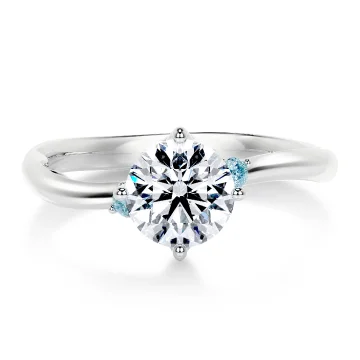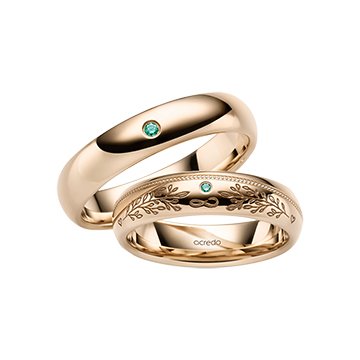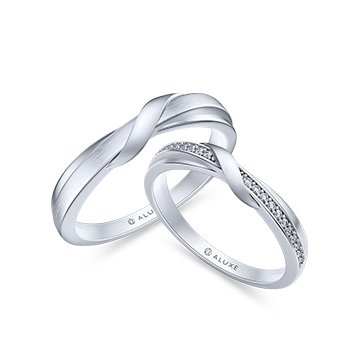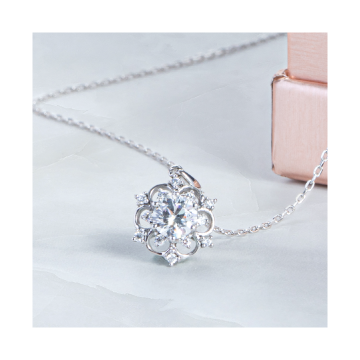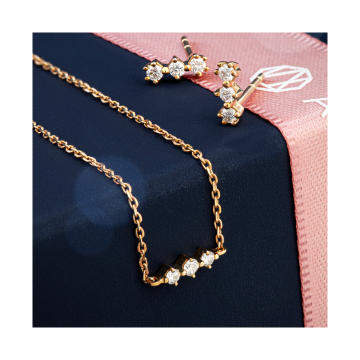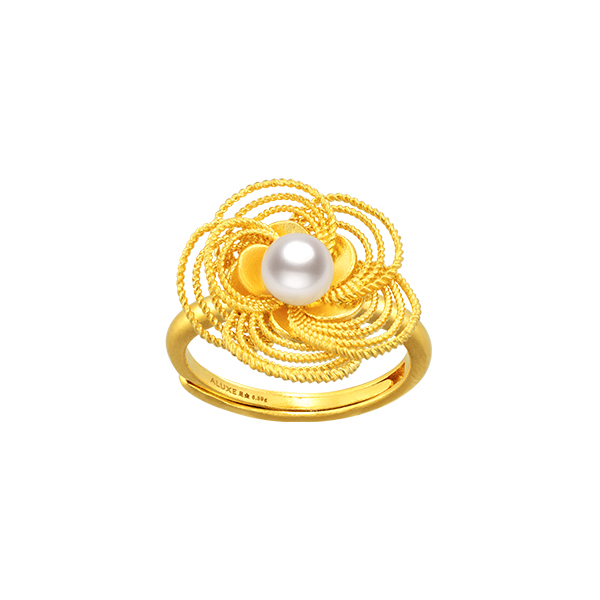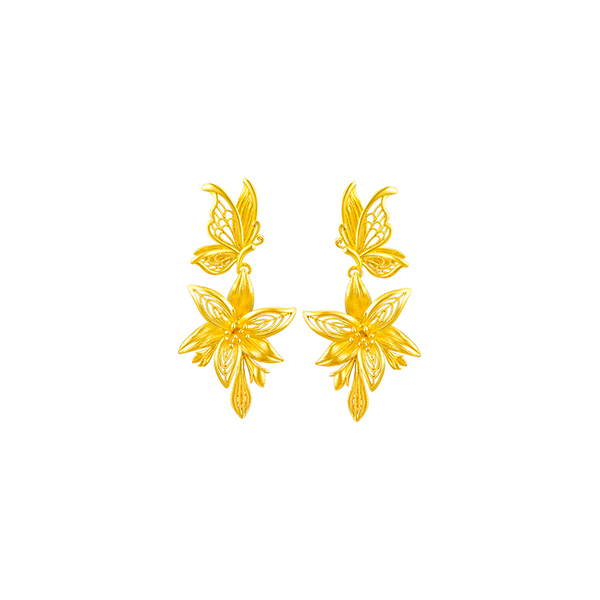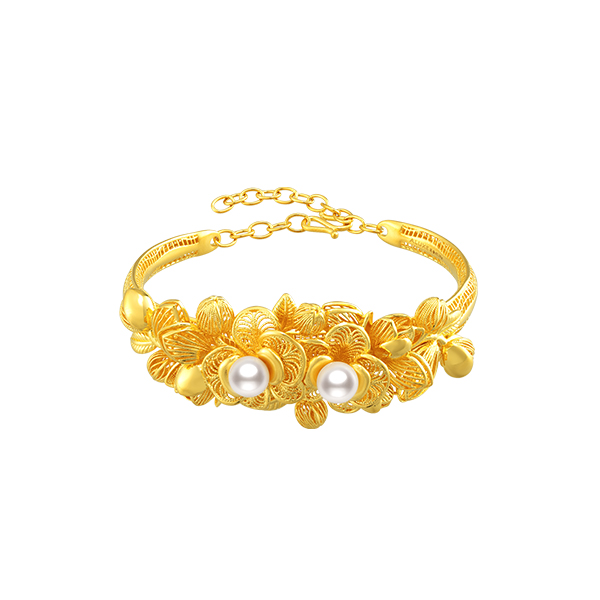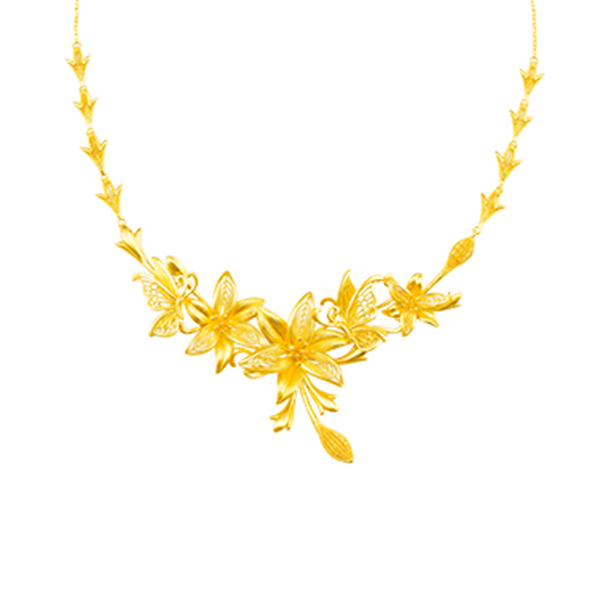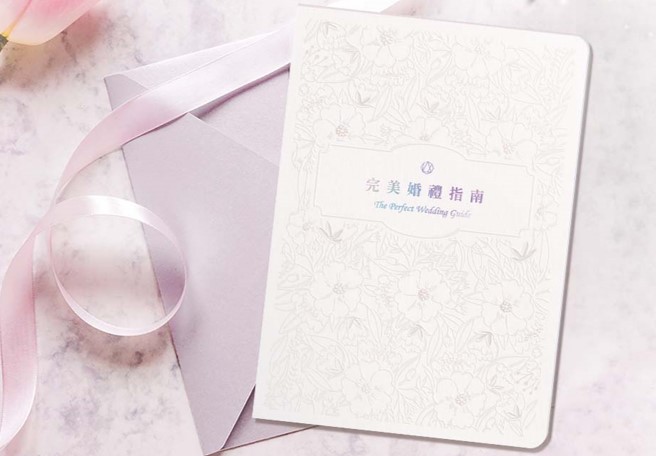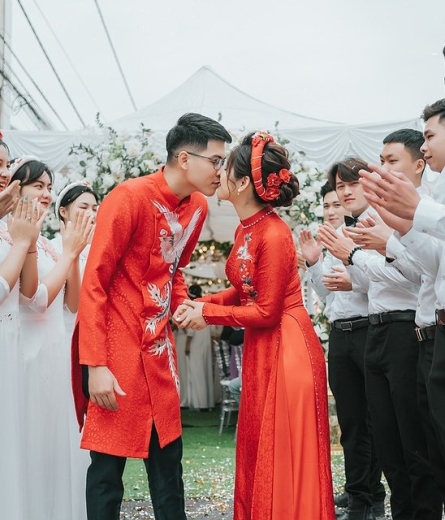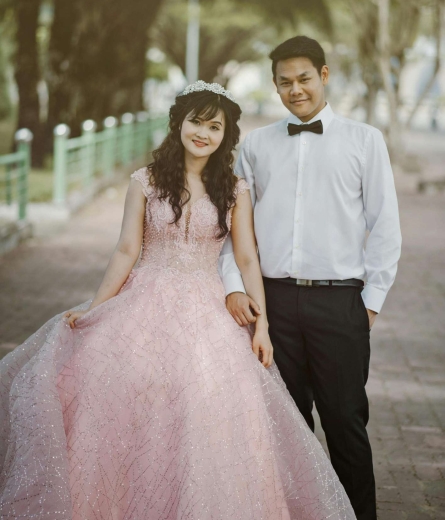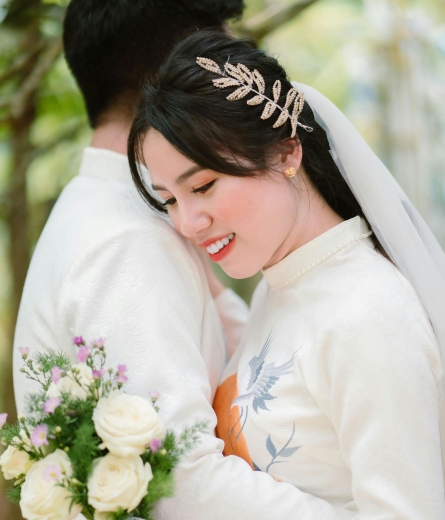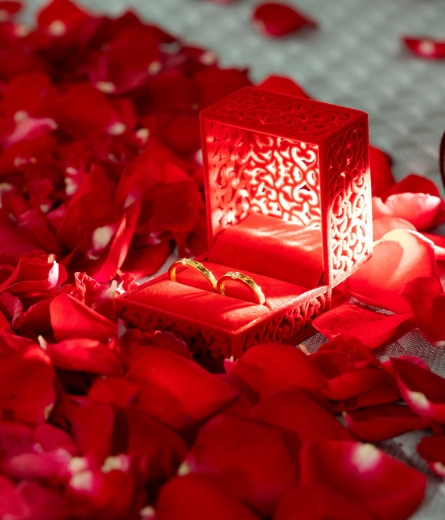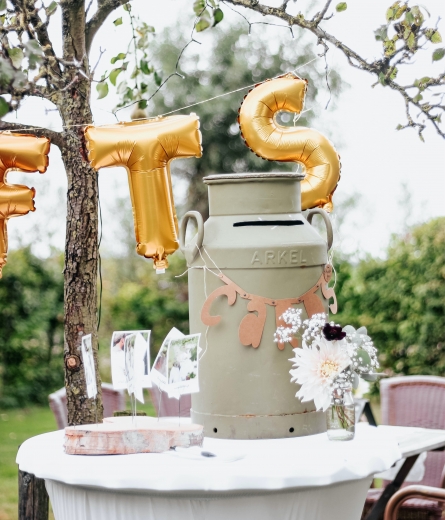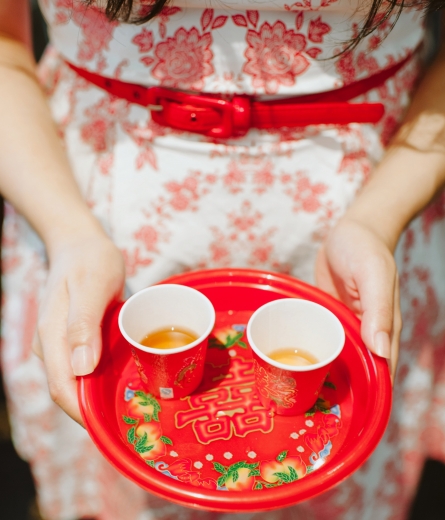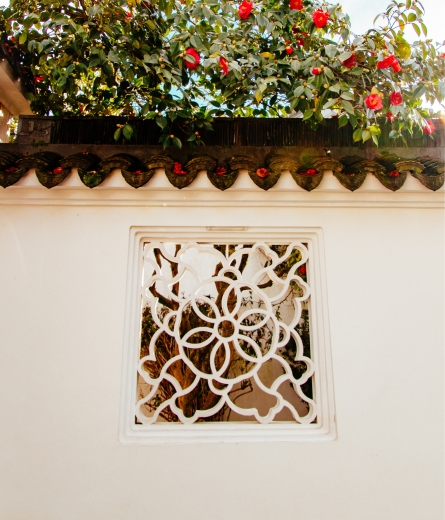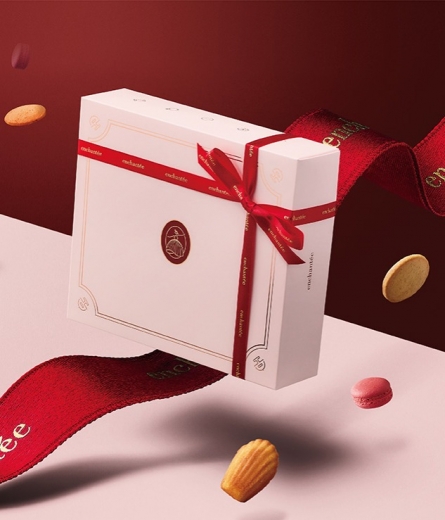The Tradition of Guodali: A Cultural Journey through Time

Origins and Meaning
"Guodali" (过大礼) is a traditional Chinese betrothal ceremony that holds deep cultural significance.
This ancient custom is a critical part of the wedding process,
symbolising the formal agreement between two families and their blessing for the upcoming marriage. The term "guodali" translates to "performing the formal ceremony," and it is a cherished practice in many Chinese communities.
The origins of guodali date back to the Zhou Dynasty (1046-256 BCE).
During this era, marriage was considered a union not just between two individuals, but between two families.
The guodali ceremony was established as a means of formalising this union and ensuring that both families were in agreement and supportive of the marriage.
The Ceremony and Its Symbolism
Guodali involves the groom's family presenting betrothal gifts to the bride's family.
These gifts are not just material offerings but are imbued with symbolic meaning, representing prosperity, fertility, and the family's blessings.
Common items include:
- Bridal cakes and pastries: Symbolising sweetness and a prosperous life.
- Wine and tea: Representing harmony and longevity.
- Jewellery and gold: Indicating wealth and fortune.
- Red packets (hongbao) containing money: Signifying good luck and financial support.
- Food items like dried seafood and preserved meats: Denoting abundance and richness.
but the underlying themes of prosperity, harmony, and mutual respect remain consistent.
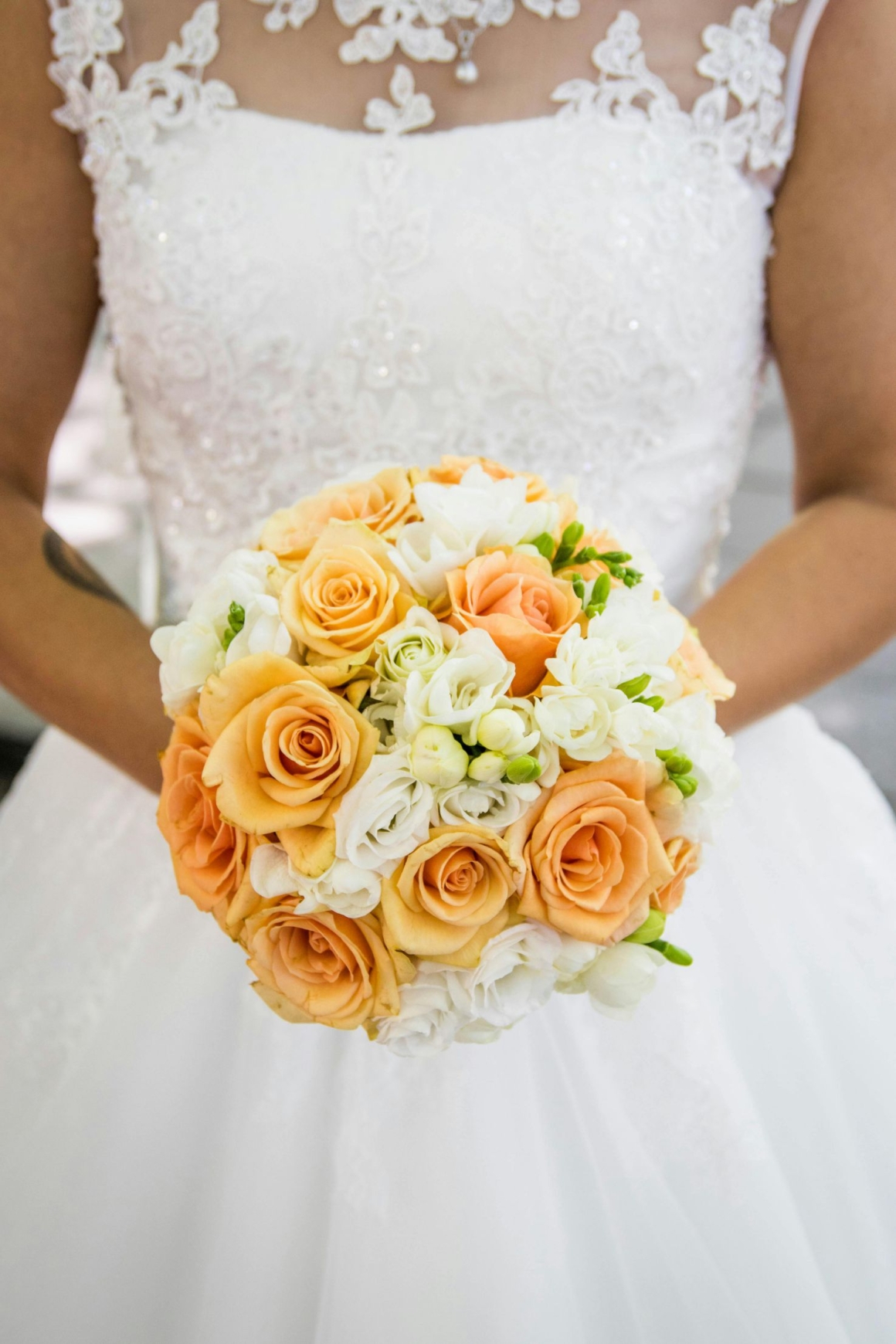
Evolution and Modern Adaptations
Over the years, the guodali ceremony has evolved, adapting to contemporary lifestyles while still preserving its core essence. In urban areas,for instance, the traditional array of gifts might be simplified or substituted with more practical items such as household appliances or luxury goods.
The ceremony itself, once an elaborate affair involving extended family and neighbours,
may now be a more intimate gathering due to modern constraints like time and space.
Despite these changes, the fundamental purpose of guodali—to signify the commitment and respect between two families—remains unchanged.
The practice continues to be an essential part of wedding customs in China, Taiwan, Hong Kong,
and among overseas Chinese communities in countries such as Malaysia, Singapore, and Indonesia.

Similar Traditions Worldwide
Many cultures around the world have similar customs that mark the formal agreement of marriage between families:
- Japan:
The traditional "Yui-no" (結納) ceremony involves the exchange of symbolic gifts between the families of the bride and groom,
signifying their commitment and mutual respect. - India:
The "Roka" or "Sagai" ceremony in various Indian cultures serves as a formal agreement of marriage,
where families exchange gifts and blessings. - Nigeria:
In Nigerian weddings, particularly among the Yoruba people,
the "Introduction" ceremony involves the groom's family presenting gifts to the bride's family, formalizing the engagement. - Greece:
The "Proxenio" involves the exchange of engagement gifts and the formal acceptance of the marriage proposal by both families. - Italy:
The "Sposalizio" is an engagement ceremony where families exchange gifts and blessings to signify their acceptance of the union.
Conclusion
Guodali remains a vibrant and meaningful tradition, bridging ancient customs with modern sensibilities.Its enduring significance lies in its ability to symbolize the unity and mutual respect between families,
a value cherished across cultures and generations. As societies continue to evolve, the essence of guo da li will undoubtedly persist,
adapting to new contexts while preserving its rich cultural heritage.





